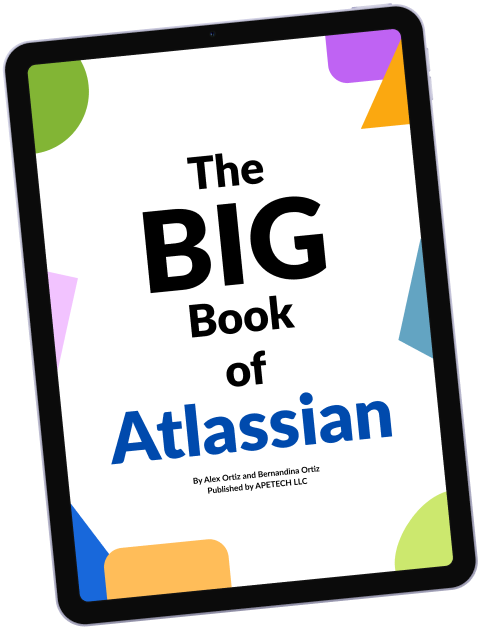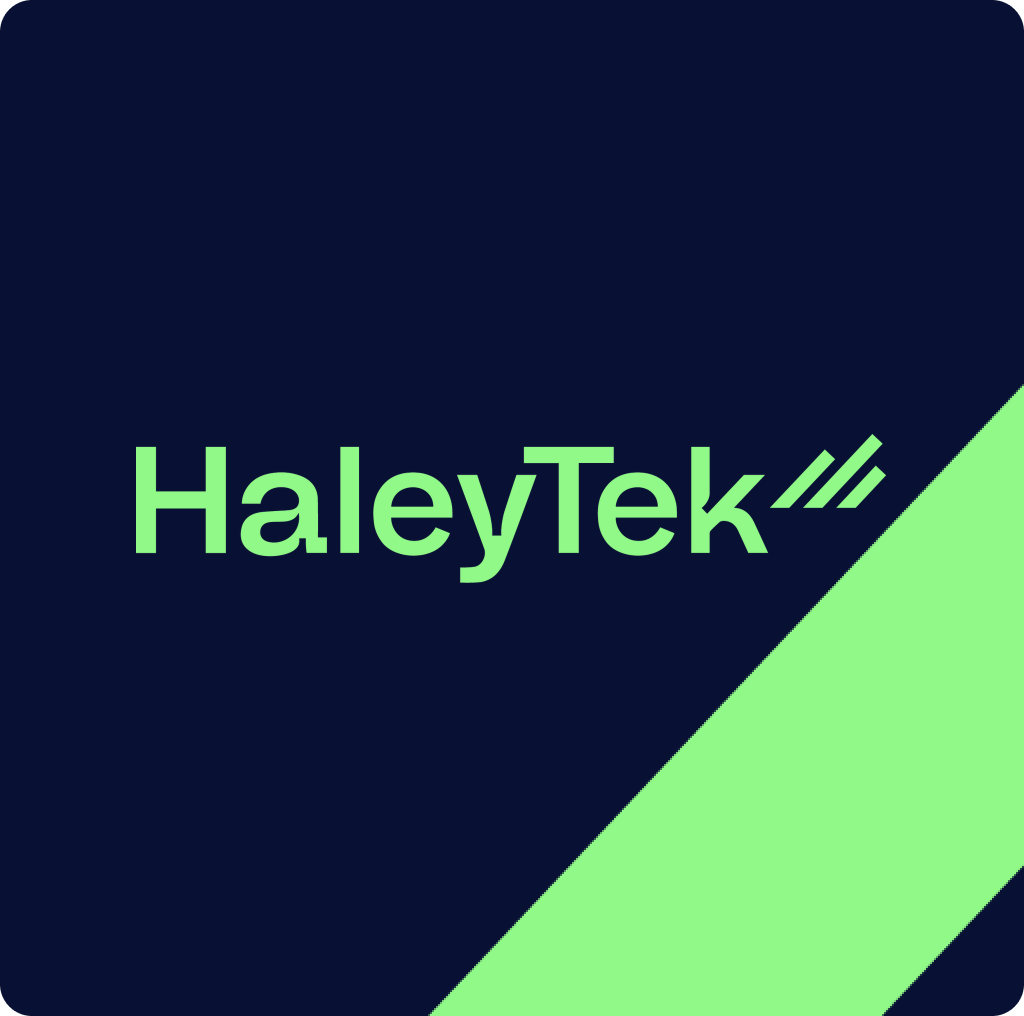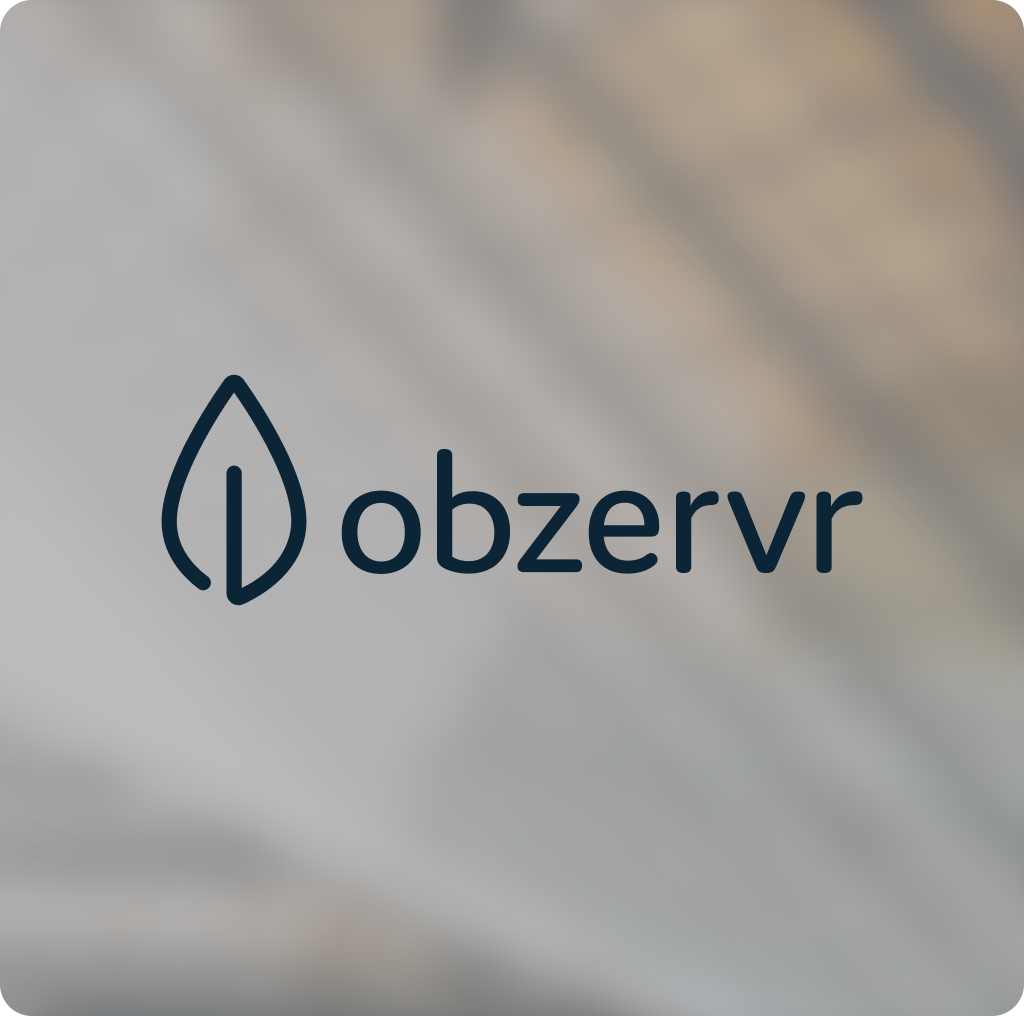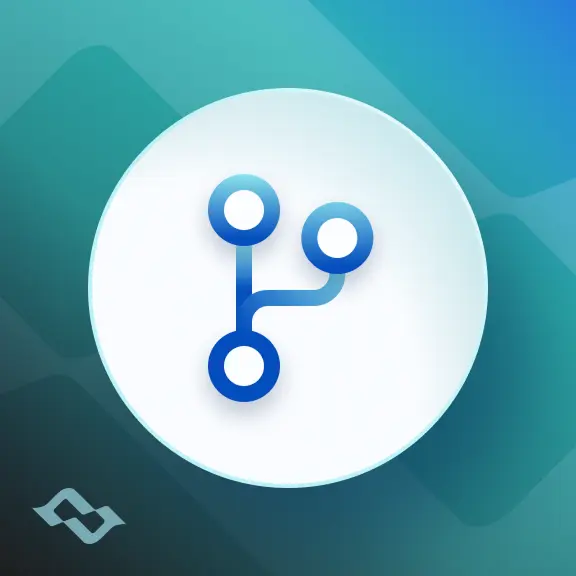Recent industry data paints a challenging picture: developers must catch up to inefficiencies. According to a State of Developer Experience Report 2024, 69% of developers report losing eight or more hours weekly due to technical debt, insufficient documentation, and convoluted processes. These inefficiencies frustrate developers and lead to substantial financial losses for organizations, ultimately impacting business success. Despite growing awareness, many companies still need help to effectively address these challenges, often relying on outdated or ineffective metrics that fail to capture the actual state of developer productivity and satisfaction.
Given these obstacles, to truly enhance developers' productivity and satisfaction, a more holistic solution is needed - one that integrates the various tools they use daily into a cohesive, efficient ecosystem. By streamlining workflows and reducing friction, integrated tool ecosystems offer a path forward, enabling developers to focus more on what they do best: creating great software.
The Current State of Developer Experience
Key Conclusions from the State of Developer Experience Report 2024
General Observations
- Developer productivity and satisfaction are closely intertwined but must be better understood and enabled.
- Developers need to improve their efficiency, losing substantial work hours weekly.
Challenges in Developer Experience
- Inefficiencies: 69% of developers lose 8+ hours a week to inefficiencies.
- Lack of Awareness: Less than half of developers believe their leaders must know these inefficiencies.
- Complexity: Increased complexity in developer roles due to understaffing, technology, and tooling.
- Inadequate Metrics: Common productivity metrics (e.g., hours worked, code written) are seen as ineffective.
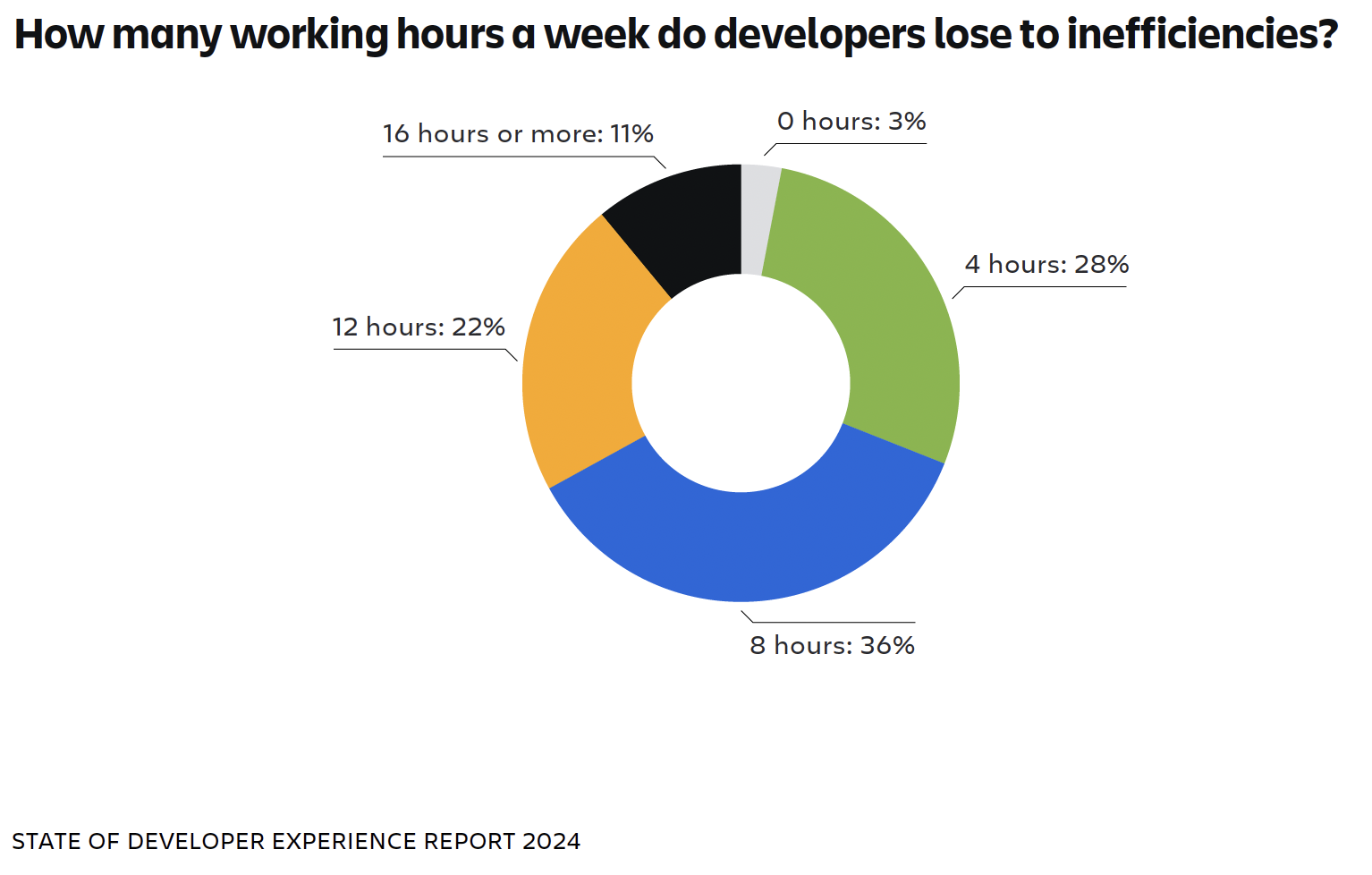
Current State and Perceptions
- Developer Satisfaction: Only 23% of developers are satisfied with their organization's investment in improving their experience.
- AI Impact: Leaders believe AI is critical to improving productivity and satisfaction, but most developers report only moderate improvements from current AI tools.
Strategic Insights for Improvement
- Feedback Loops: Essential for continuous improvement through regular retrospectives and dashboards.
- Cognitive Load: AI-powered tools can help reduce cognitive load by automating tasks like code generation and documentation. Additionally, an internal developer platform can help reduce cognitive load by providing a comprehensive suite of tools for creating, deploying, and managing services.
- Flow State: Uninterrupted focus time and platform engineering teams are critical for maintaining productivity.
- Developer Surveys: Use targeted surveys to identify pain points and track specific areas for improvement.
Measuring Developer Experience
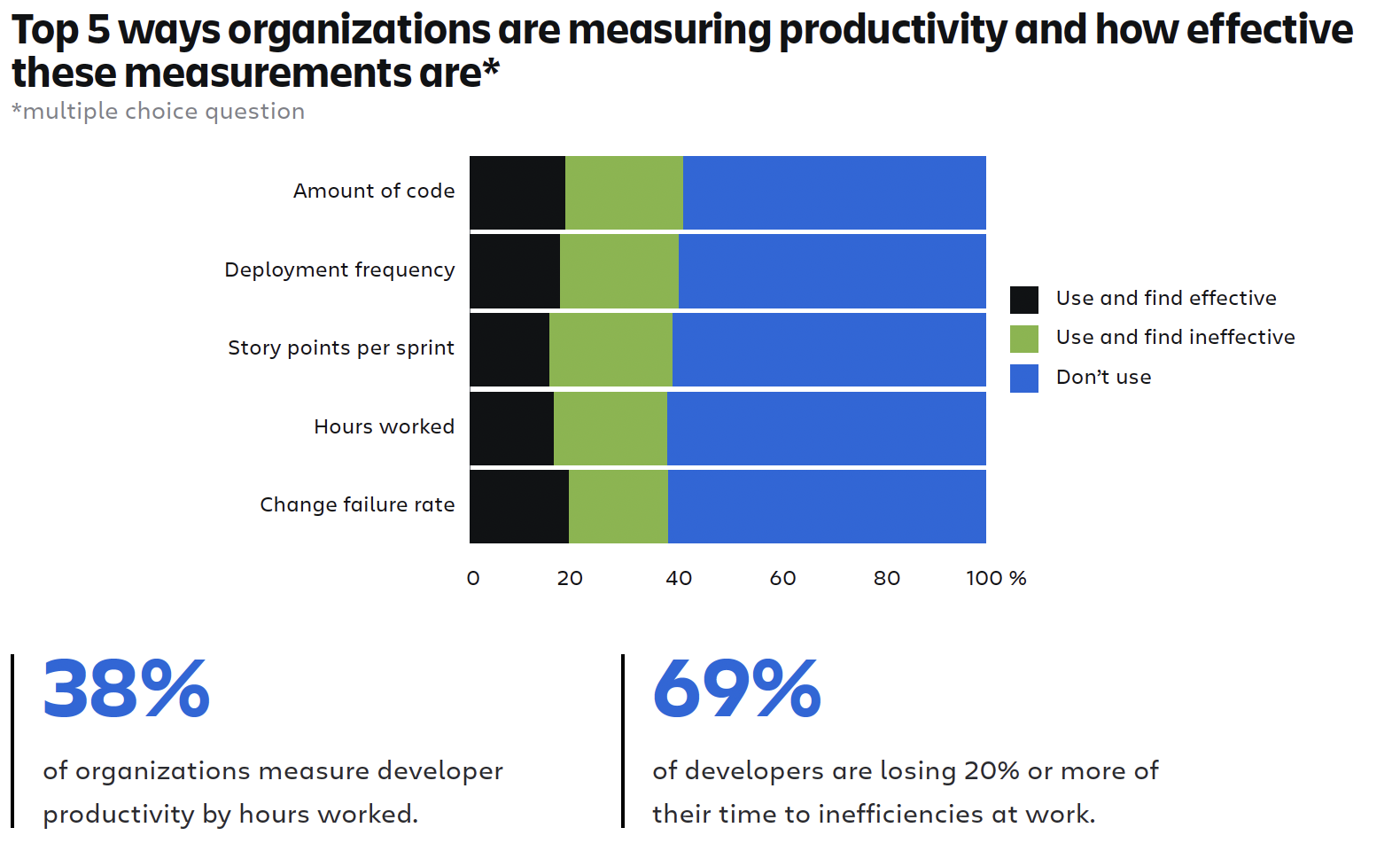
- Multiple Angles: Assess through perceptions, workflows, and KPIs specific to team contexts.
- Qualitative KPIs: Metrics like perceived ease of delivering software and perceived productivity are recommended over traditional quantitative metrics.
Organizational Initiatives
- Atlassian's Approach: Focus on creating a virtuous cycle of "developer joy" through empowered teams, excellent tools, and a positive culture.
- Future Investments: 76% of organizations plan to invest more in developer experience within the next year, recognizing its impact on productivity and satisfaction.
Key Recommendations
- Direct Conversations: Regular discussions with developers to understand their needs.
- Tailored Solutions: Implement solutions based on specific friction points identified through surveys and feedback.
- Long-term Strategies: Emphasize cultural and process changes alongside tool improvements to achieve lasting benefits.
Improving developer experience requires a comprehensive approach that includes understanding developer pain points, using the right metrics, leveraging AI and automation tools, and fostering a supportive and engaging work environment.
Understanding the Current Challenges in Developer Productivity
Inefficiencies in Daily Work
A major hurdle in developers' pursuit of higher productivity is the significant time lost to daily inefficiencies. According to recent data, 69% of developers report losing eight or more hours weekly to various productivity blockers. This translates to a substantial portion of their workweek being consumed by tasks that do not directly contribute to progress, leaving less time for actual coding and problem-solving.
The root causes of these inefficiencies are varied but often interlinked. Technical debt is a primary culprit, with outdated or poorly written code slowing development and leading to additional work to patch or refactor existing systems. Lack of documentation further exacerbates the problem, forcing developers to spend unnecessary time searching for information or reverse-engineering code to understand its purpose. Complex processes and insufficient focus time also play significant roles as developers need help maintaining their flow amid constant interruptions, meetings, and navigating convoluted procedures. Improving development processes can help reduce these inefficiencies by standardizing practices and streamlining workflows.
Misalignment Between Leadership and Developer Perceptions
While many software development leaders recognize the increasing complexity of developer roles, there often needs to be more connection between their perceptions and the on-the-ground realities developers face. Leaders may acknowledge developers' challenges but usually underestimate the specific productivity blockers that most critically affect their teams.
This misalignment is further compounded by the reliance on ineffective metrics to measure productivity and satisfaction. Standard metrics, such as the number of lines of code written or hours logged, fail to capture the quality of work or the extent of the challenges developers encounter. As a result, leadership might believe that their teams are performing well based on these superficial indicators. At the same time, developers need help with more profound, impactful issues that must be addressed.
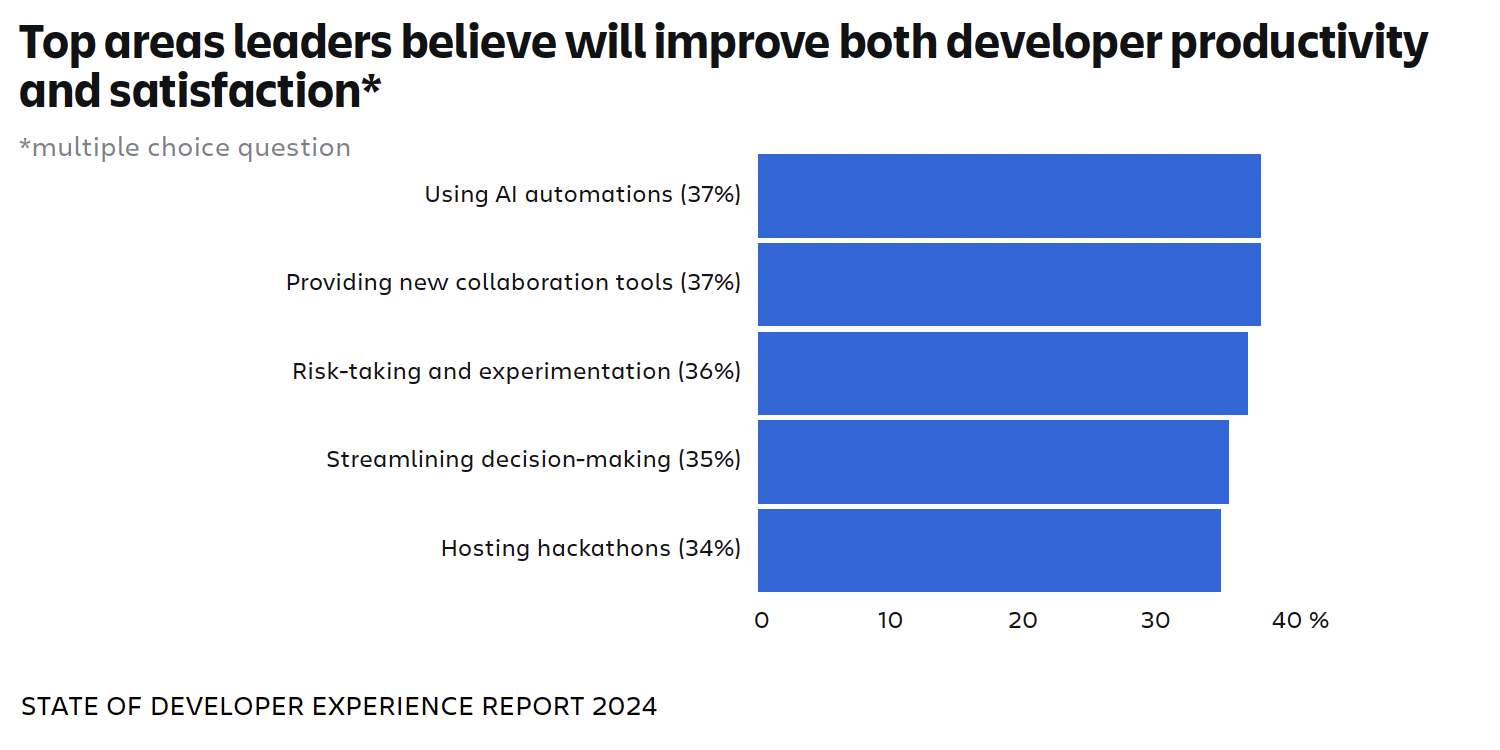
The Impact of AI Tools
Artificial intelligence has been heralded as a game-changer for improving developer productivity, with promises of automating routine tasks and providing intelligent assistance. However, the reality has yet to live up to the hype for many developers. There needs to be more clarity between the expectations of AI's potential and the tangible benefits it has delivered so far. While leaders may see AI as a silver bullet for productivity, many developers report seeing little to no improvement in their daily work.
Despite these early disappointments, AI tools still hold significant promise, particularly in reducing cognitive load and enhancing workflow efficiency. By automating repetitive tasks, summarizing relevant information, and helping manage complex systems, AI can free up developers' time and mental resources for more creative and impactful work. However, realizing this potential requires a careful and informed integration of AI tools into the developer's workflow, tailored to address the specific needs and challenges that developers face.
Developer Productivity and Satisfaction: The Importance of Developer Experience
Developer experience is increasingly recognized as a crucial factor influencing job satisfaction and retention within the tech industry. A recent survey highlighted that 63% of developers consider their work experience essential when deciding whether to stay with their current employer. This statistic underscores the deep connection between a positive developer experience and the ability to retain top talent.
Moreover, there is a clear correlation between investing in developer experience and reducing inefficiencies in daily work.
When organizations prioritize developer experience, they address the pain points that slow down productivity, such as technical debt, poor documentation, and complex processes. This makes developers' jobs easier and fosters a sense of fulfillment and satisfaction, leading to higher retention rates and a more motivated workforce. Investing in developer experience empowers developers by enhancing productivity while improving overall job satisfaction, creating a more resilient and effective development team.
The Role of Integrated Tools in Streamlining the Software Development Lifecycle
Integrated tool ecosystems address the inefficiencies plaguing many developers' daily workflows. By providing a unified platform that connects various tools and services, integrated ecosystems reduce the need for constant context-switching—one of the primary sources of lost productivity. When developers can seamlessly transition between tasks without navigating disparate systems or manually transferring information, they can maintain their focus and momentum, leading to a more efficient and satisfying work experience. Integration tools like Getint can centralize one point of truth and improve productivity by creating a more efficient developer environment.
Such integration tools combine code repositories with CI/CD pipelines, document management, and communication tools in a single interface. This type of integration simplifies the developer's work and improves the overall experience by providing a smoother, more consistent environment in which to operate.
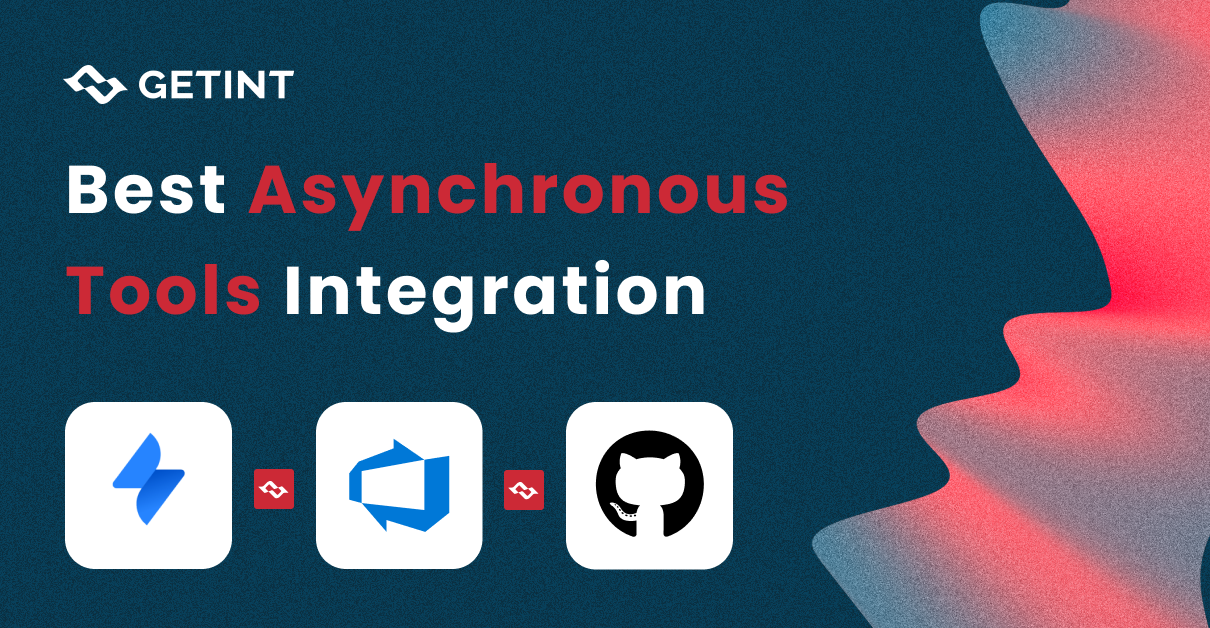
Getint: Best Integration Platform for Development Teams
One of the most cutting-edge developer integration tools that address the top challenges developers face is Getint. Getint offers a unified integration platform to connect developers' everyday tools into one cohesive ecosystem. This integration plugin is key to reducing the friction that often occurs when developers have to switch between different applications to get their work done.
Getint addresses several common issues identified in industry reports. With the right setup, Getint centralizes workflow, making it accessible to the entire development team in real-time. It also facilitates smoother collaboration by integrating communication tools like Asana or Trello directly with project management and code repositories, ensuring that all team members are on the same page and that information flows freely between them.
The Getint implementation example at DSK Bank confirms both the productivity gains and streamlining workflows and reporting across diverse teams, including IT (DEV, BA, QA, and others), project management, Scrum Masters, and others.
"GetInt makes our Technology teams much more efficient by integrating our core tools. It is flexible enough to enable teams to work as they need to and reliable enough that we don't have to worry about it." - says another Getint customer - Dan Morgan, Global Head of Cloud & Infrastructure @ Dr. Martens.
These examples underscore the potential of integrated tool ecosystems like Getint to solve specific productivity issues and enhance the overall developer experience, making work more enjoyable and fulfilling.
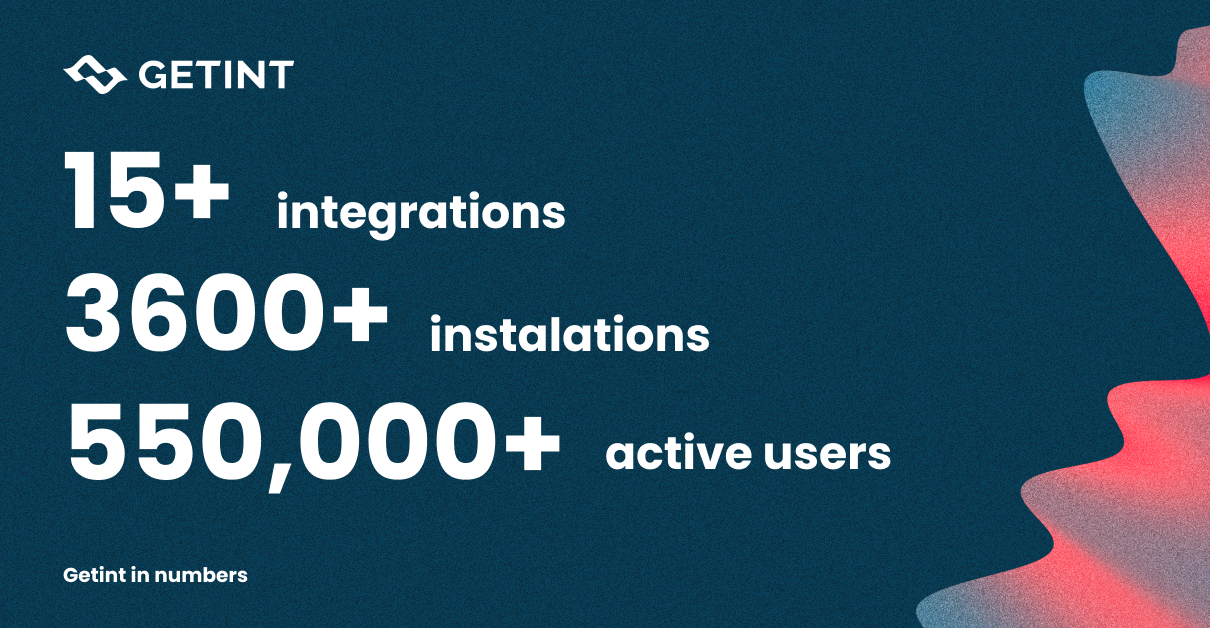
Conclusion
Developers are the backbone of innovation but need more efficiency; technical debt and fragmented workflows often hamper their productivity and job satisfaction. By tackling these challenges head-on, organizations can significantly enhance their development teams' output and well-being.
Investing in integrated tool ecosystems, such as Getint, is a powerful step toward achieving this goal. These ecosystems streamline processes, reduce context-switching, and centralize key resources, enabling developers to focus on what truly matters - creating impactful, high-quality software. By adopting such tools and incorporating software engineering practices, organizations can unlock the full potential of their developers, driving both productivity and satisfaction to new heights.


